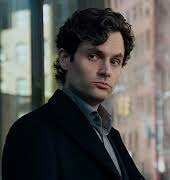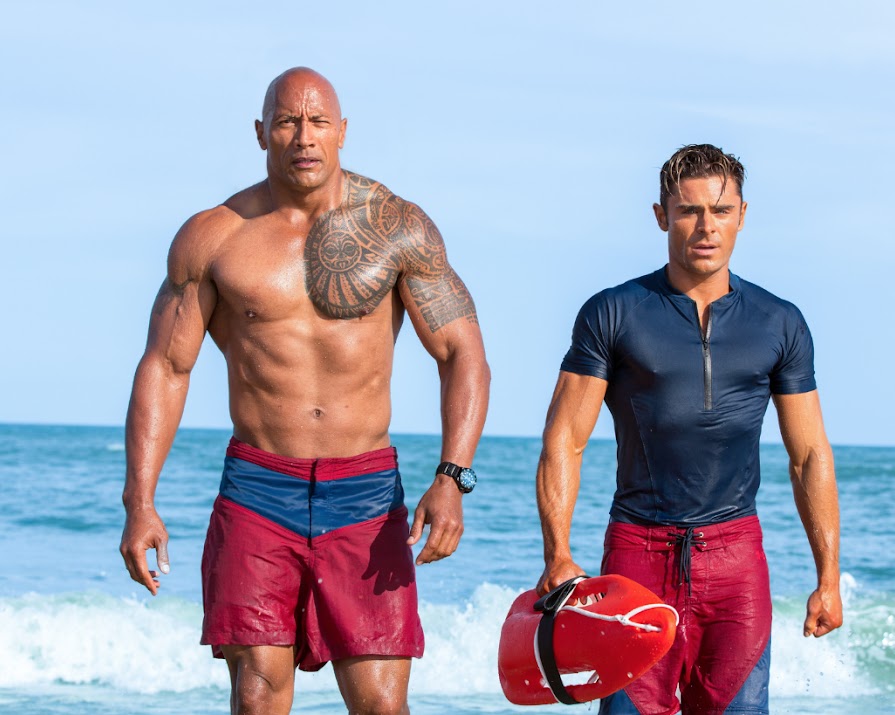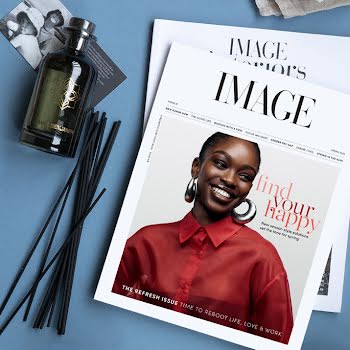Zac Efron speaking out about mental health and male body ideals isn’t just important, it’s necessary
By Sarah Finnan
13th Sep 2022
13th Sep 2022
In a searingly honest interview about fame, agoraphobia and an at-times damaging approach to fitness, actor Zac Efron laid his soul – and mental health struggles – bare.
“He has been a child star, a fitness pinup, an onscreen himbo, and an environmental activist. But Zac Efron hasn’t always been healthy. Now he’s reinventing himself again, and he wants to do it right.”
That’s the intro to this month’s Men’s Health cover story on Zac Efron. At just 34 years old, Efron has worn many hats throughout his varied career thus far. He’s been Troy Bolton, High School Musical’s basketball hunk turned spring musical star. He’s been Hairspray’s teenage heartthrob, Link Larkin. Five years ago, he took on the role of Matt Brody in Baywatch. A stint touring the world in search of eco-consciousness followed soon after, and last year it was announced that he’d star in the modern remake of Three Men And A Baby. Safe to say, he’s been busy.
But, things haven’t always been good and the actor has spent much of the past few years privately battling his own inner demons… many of them stemming from that aforementioned Baywatch role. As journalist Lauren Larson points out, Efron’s physique has become “part of his whole deal”. “In 2017’s Baywatch, his onscreen abs looked almost painted on. That film was a fit-guy debutant waltz for Efron. People started looking very closely at his body after that,” she notes.
When Covid hit, Efron took a much-needed break, from *everything*. He isolated in Byron Bay where he supposedly “slept on a hammock in the trees”, “dated a civilian” and “took moonlit swims with phosphorescent plankton”. However, while Efron sequestered himself in Australia, the rest of the world was still busy talking about his body.
“In July 2020, as Netflix viewers began watching Down to Earth, some commented on his ‘dad bod’ – which, to be clear, was a dad bod only relative to his lifeguard bod. The New York Post called it ‘a far cry from his ripped physique in Baywatch’; Twitter called him Daddy,” the Men’s Health article continues. As it turns out, Efron was also busy thinking about his body and spent much of the pandemic re-evaluating how he ate, slept, trained and, well, generally lived.
“That Baywatch look, I don’t know if that’s really attainable. There’s just too little water in the skin. Like, it’s fake; it looks CGI’d,” he notes. “And that required Lasix, powerful diuretics, to achieve. So I don’t need to do that. I much prefer to have an extra, you know, 2 to 3% body fat.” Aside from taking diuretics, the actor’s Baywatch prep involved overtraining and eating the same three meals every single day. He didn’t get much sleep during that time either – if he finished filming at midnight, he’d be up again at 4am to go to the gym.
He doesn’t want to seem like he’s complaining, but letting people know what the reality of obtaining his Baywatch body really was, is important to him. “I started to develop insomnia and I fell into a pretty bad depression, for a long time. Something about that experience burned me out. I had a really hard time recentering. Ultimately they chalked it up to taking way too many diuretics for way too long, and it messed something up.” Six months after the film wrapped, he finally began to feel like himself again, but it wasn’t until his forced lockdown in Australia that he really started to rethink his approach to fitness.
“At one point, that was a dream of mine – what it would be like to not have to be in shape all the time. What if I just say, ‘Fu*k it’, and let myself go? So I tried it, and I was successful. And for all the reasons I thought it would be incredible, I was just miserable. My body would not feel healthy; I just didn’t feel alive. I felt bogged down and slow.
“I enjoy pushing myself and really laying it all out, to the point where I kind of have to do it. Otherwise I don’t feel like myself,” he adds. He wanted to keep training, but more mindfully. Now he foam rolls, stretches, does yoga and can be heard extolling the virtues of the Wim Hof method to anyone who will listen. He also mostly keeps to himself (where possible, at least). Large crowds intimidate Efron, who tends to just avoid such situations altogether. His “welcoming face” and approachable nature, mean fans regularly come up to him, but it’s not a part of the job he likes all that much. “I just don’t go out. People in large groups, it triggers my agoraphobia,” he admits.
For a man that rarely uses social media (except for work), Efron is remarkably forthcoming in his confessions. Little is off the table and his directness when discussing topics such as depression is a welcome change to the usual air of secrecy that clouds such heart-to-hearts. We’ve made huge progress in recent years, but the stigma surrounding men’s mental health sadly remains.
That said, Efron’s candour at talking about such personal issues, without judgement or shame, is a massive step in the right direction as it helps to normalise those same conversations in everyday life too. Even in the short time since Efron rose to fame, societal perceptions of “masulinity” have shifted greatly, and while many fans still look to him as a beacon of strength and virility, it is the ease with which he admits his humanity that people now value, far more than his like, totally ripped bod.
As many other celebrities can attest, stardom and affluence don’t exempt you from the pitfalls of mental health – that is an unfortunate part of the human condition – and one only open, honest conversation can really help destigmatise.























